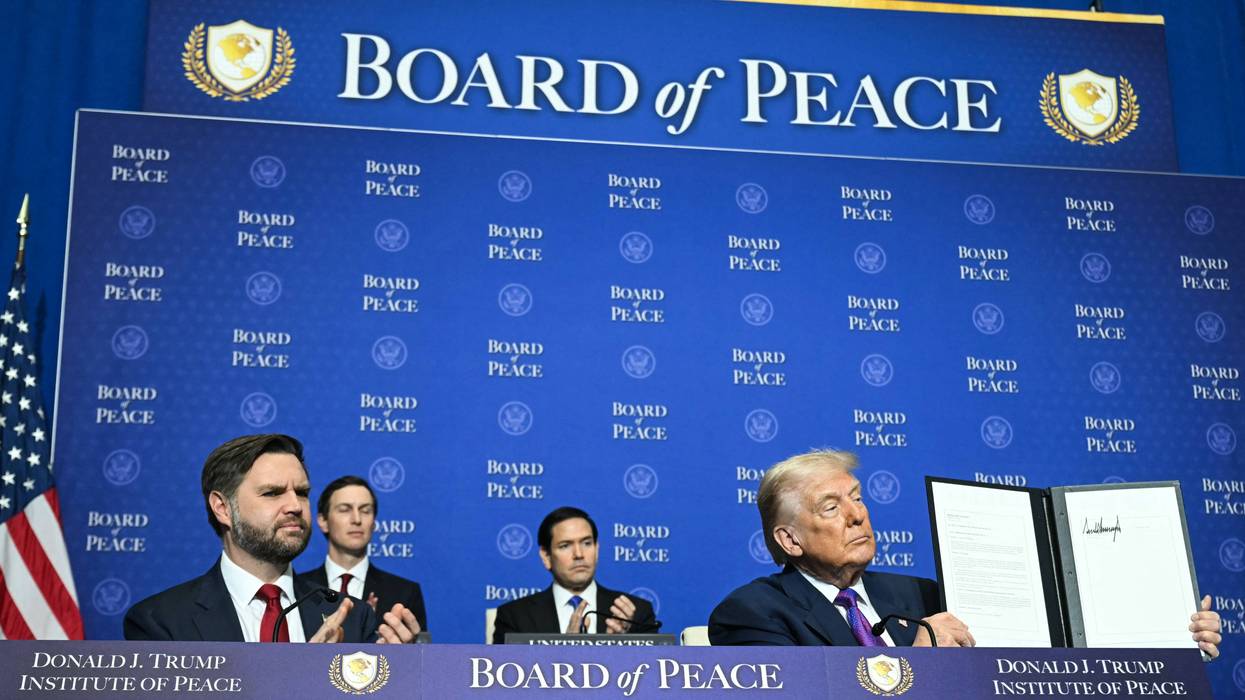According to the mission's report, RSF—a United Arab Emirates-backed paramilitary force that originated from the Janjaweed militias used by the Sudanese government during the previous 2003-05 Darfur genocide—committed at least three genocidal acts as defined by the Genocide Convention: “killing members of a protected ethnic group, causing serious bodily and mental harm, and deliberately inflicting conditions of life calculated to bring about the group’s physical destruction in whole or in part.”
“The scale, coordination, and public endorsement of the operation by senior RSF leadership demonstrate that the crimes committed in and around el-Fasher were not random excesses of war,” said Mohamed Chande Othman, who chaired the expert panel. "They formed part of a planned and organized operation that bears the defining characteristics of genocide.”
The experts' investigation focused on events in and around el-Fasher—the capital of North Darfur—as RSF militants fought to take the area last October following an 18-month siege that deprived civilians of food, water, medical supplies, and humanitarian aid. The report says the siege “systematically weakened the targeted population through starvation, deprivation, trauma, and confinement."
The RSF captured el-Fasher last October 26. Its fighters ran roughshod over the city and its inhabitants, committing widespread atrocities including mass murder and summary executions, torture, rape, and kidnapping for ransom, according to the UN Human Rights Office, which said that more than 6,000 people were killed over a two-day period.
“We want to eliminate anything Black from Darfur," one RSF fighter allegedly told residents, according to the mission report.
"Is there anyone Zaghawa among you?" one militant is accused of asking. "If we find Zaghawa, we will kill them all."
Another survivor described starvation during the siege: “Life became unbearable. We were eating only... the food for livestock. When there was no more, we ate the skin of the animal. We soaked it in water and ate.”
In one of the worst atrocities of the el-Fasher offensive, RSF fighters massacred more than 460 people at the Saudi Maternity Hospital. One RSF militant recorded himself walking across a floor strewn with dead bodies and gunning down a survivor when they rise up from the pile of corpses.
The UN experts called RSF’s crimes in el-Fasher “an aggravation of earlier patterns” of attacks on other non-Arab communities in Sudan, “but on a far more lethal scale.”
"The body of evidence we collected—including the prolonged siege, starvation, and denial of humanitarian assistance, followed by mass killings, rape, torture and enforced disappearance, systematic humiliation, and perpetrators’ own declarations—leaves only one reasonable inference,” mission member Mona Rishmawi said.
“The RSF acted with intent to destroy, in whole or in part, the Zaghawa and Fur communities in el-Fasher," she added. "These are the hallmarks of genocide."
The Zaghawa and Fur are two of the largest non-Arab ethnic groups in Darfur. Both peoples have historically faced rampant discrimination and were targeted during the 2003-05 genocide. Many had already been forcibly displaced multiple times before the renewal of conflict in the spring of 2023.
That's when rival factions of Sudan’s military government—primarily the Sudanese Armed Forces (SAF) and their erstwhile RSF allies—began battling, with violence subsequently spreading rapidly throughout the northeastern African nation of 46 million people. The SAF has also been accused of widespread war crimes and has been blamed for famine conditions caused in part by its refusal to allow food aid to enter RSF-controlled areas.
The mission report lamented that "no effective measures were taken by any party to protect the civilian population," despite UN experts sounding the alarm as early as November 2023. US officials during the Biden administration were hesitant to accuse RSF fighters of genocide, reportedly because they thought it would spark criticism of then-President Joe Biden's denial of Israel's genocide in Gaza.
The US ultimately declared genocide in Darfur three weeks before Biden left office in January 2025—a determination affirmed by President Donald Trump's secretary of state, Marco Rubio, during his Senate confirmation process.
A group of US House Democrats led by Reps. Gregory Meeks (NY) and Sara Jacobs (Calif.) have called on the Trump administration to block weapons transfers to the UAE as it arms and finances the RSF and provides diplomatic cover for its atrocities.
Last March, Sudan filed a case in the International Court of Justice in The Hague, Netherlands accusing the UAE of "complicity in genocide."
Emirati officials strongly deny such allegations.





